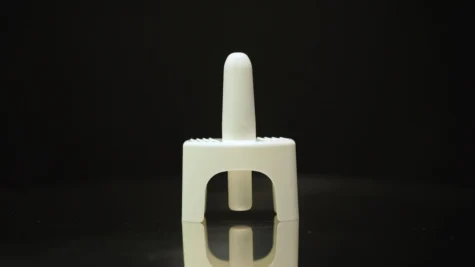Recovery from addiction, whether it’s from substance use, behavioral issues, or eating disorders, is a transformative journey that requires perseverance, self-reflection, and an ongoing commitment to growth. One of the most powerful tools in sustaining long-term recovery is gratitude. While recovery can be filled with challenges, finding moments of gratitude—no matter how small—can serve as a source of strength and resilience. At Southern Sky Recovery, we believe that cultivating gratitude is a vital aspect of the healing process, helping individuals not only stay on track but also build a positive and fulfilling life beyond addiction.
The Role of Gratitude in Recovery
Gratitude is more than just saying “thank you” for the good things in life; it’s a mindset that shifts your focus from what is lacking to what is abundant. In the context of addiction recovery, gratitude plays a significant role in promoting emotional well-being, reducing stress, and building a positive self-image. It encourages individuals to recognize the progress they have made rather than focusing on past mistakes or the difficulties of the recovery journey.
Research has shown that practicing gratitude can have profound effects on mental health. Studies indicate that people who regularly practice gratitude experience lower levels of stress, anxiety, and depression. They also report higher levels of self-esteem and overall satisfaction with life. In recovery, these benefits are particularly important as they help combat the feelings of hopelessness or negativity that can sometimes arise when facing setbacks or challenges.
Gratitude Shifts Your Focus
One of the most significant ways gratitude supports recovery is by helping individuals shift their focus. When struggling with addiction, it’s easy to feel overwhelmed by negative thoughts, focusing on past mistakes or the perceived distance from recovery goals. Gratitude, however, invites you to turn your attention toward the positive aspects of life, no matter how small they may seem.
For example, instead of feeling discouraged by the difficulties of staying sober, you might choose to acknowledge the strength it takes to stay committed, the support of family and friends, or the new opportunities that sobriety brings. Gratitude for the present moment allows you to see the progress you’ve made, which can reinforce your motivation to keep going.
Simple Ways to Cultivate Gratitude in Recovery
Start a Gratitude Journal
One of the most effective ways to cultivate gratitude is by keeping a daily gratitude journal. Each day, take a few moments to write down at least three things you’re grateful for. These can be big or small—anything from the support of a loved one to the peace of mind that comes with a clear head after a sober day. Writing down your gratitude allows you to reflect on positive experiences and reinforces your ability to find joy in everyday moments.
If you’re finding it hard to think of things to be grateful for, start small. Maybe it’s a warm cup of coffee in the morning, a smile from a stranger, or a relaxing walk in nature. Over time, you’ll begin to notice more and more moments of gratitude in your life, shifting your mindset to a more positive outlook.
Express Gratitude to Others
Taking the time to express gratitude to those around you can strengthen your relationships and create a positive feedback loop. In recovery, expressing appreciation to your support system—whether it’s a sponsor, therapist, or family member—can deepen your connections and remind you that you’re not alone in your journey.
A simple “thank you” can go a long way, but don’t hesitate to go deeper. Let someone know how much their support means to you or share how they’ve positively impacted your recovery. This act of kindness not only lifts others but also reinforces your own feelings of gratitude.
Practice Mindfulness
Mindfulness is the practice of being fully present in the moment without judgment. By incorporating mindfulness techniques into your daily routine, you can increase your awareness of what’s happening around you and within you. This heightened awareness makes it easier to identify things to be grateful for, whether it’s the warmth of the sun on your face or the joy of spending time with a loved one.
Mindfulness helps you stay grounded in the present moment and shifts your focus away from negative thoughts or worries about the future. When you practice mindfulness, you develop a greater appreciation for life’s simple pleasures, which can be incredibly healing during the recovery process.
Reframe Challenges as Opportunities
In recovery, you’ll inevitably face challenges, setbacks, and moments of doubt. However, gratitude encourages you to reframe these difficult moments as opportunities for growth. Instead of viewing a difficult day or a relapse as a failure, see it as a learning experience that brings you closer to understanding yourself and your triggers.
For example, if you experience a setback in your recovery, instead of focusing on feelings of defeat, ask yourself: What did I learn from this? How can I use this experience to strengthen my resolve and prevent future setbacks? By reframing challenges in a positive light, you foster a mindset of growth and resilience that supports long-term recovery.
Celebrate Milestones
Gratitude doesn’t just have to be about the small, everyday moments—it’s also about recognizing and celebrating your achievements along the way. Every milestone in your recovery, whether it’s one day, one month, or one year of sobriety, is an opportunity to reflect on how far you’ve come and express gratitude for the progress you’ve made.
Take time to celebrate these milestones with the people who have supported you throughout your journey. Whether it’s a small private celebration or a more significant event, acknowledging your hard work and perseverance strengthens your commitment to recovery and deepens your sense of gratitude for the life you’re building.
The Ripple Effect of Gratitude
One of the most remarkable aspects of gratitude is its ability to create a ripple effect. When you practice gratitude, it doesn’t just benefit you—it positively impacts those around you. As you cultivate a grateful mindset, you become more compassionate, understanding, and supportive of others. This can strengthen your relationships with family, friends, and fellow individuals in recovery.
In support groups, for example, sharing moments of gratitude can inspire others to reflect on their own blessings, creating an environment of positivity and mutual support. This collective energy can be a powerful motivator for everyone in recovery, reinforcing the importance of community and connection.
Gratitude: A Lifelong Practice
Gratitude is not something you do once and then forget—it’s a lifelong practice. As you move through your recovery journey, gratitude becomes a tool for maintaining a healthy mindset and sustaining your commitment to sobriety. It helps you focus on what’s working in your life rather than what’s missing, creating a positive foundation for all aspects of your recovery.
At Southern Sky Recovery, we believe that integrating gratitude into the recovery process is key to building a strong, resilient foundation for lasting sobriety. No matter where you are in your journey, remember that there is always something to be grateful for. By finding gratitude in the small moments, you can build a fulfilling, sober life that brings you closer to your goals and to the people you love.
Southern Sky Recovery Can Help Clients Stay On Their Path For Recovery
In the face of challenges, recovery is a testament to personal strength and transformation. Finding gratitude in recovery allows individuals to not only appreciate their progress but also to find peace and joy in the journey. Whether you’re reflecting on the simple pleasures of daily life or celebrating major milestones, gratitude can help fuel your long-term recovery and enhance your overall well-being. At Southern Sky Recovery, we are committed to supporting you through each step of your recovery, helping you find the strength and resilience to build a future full of hope, gratitude, and possibility.



